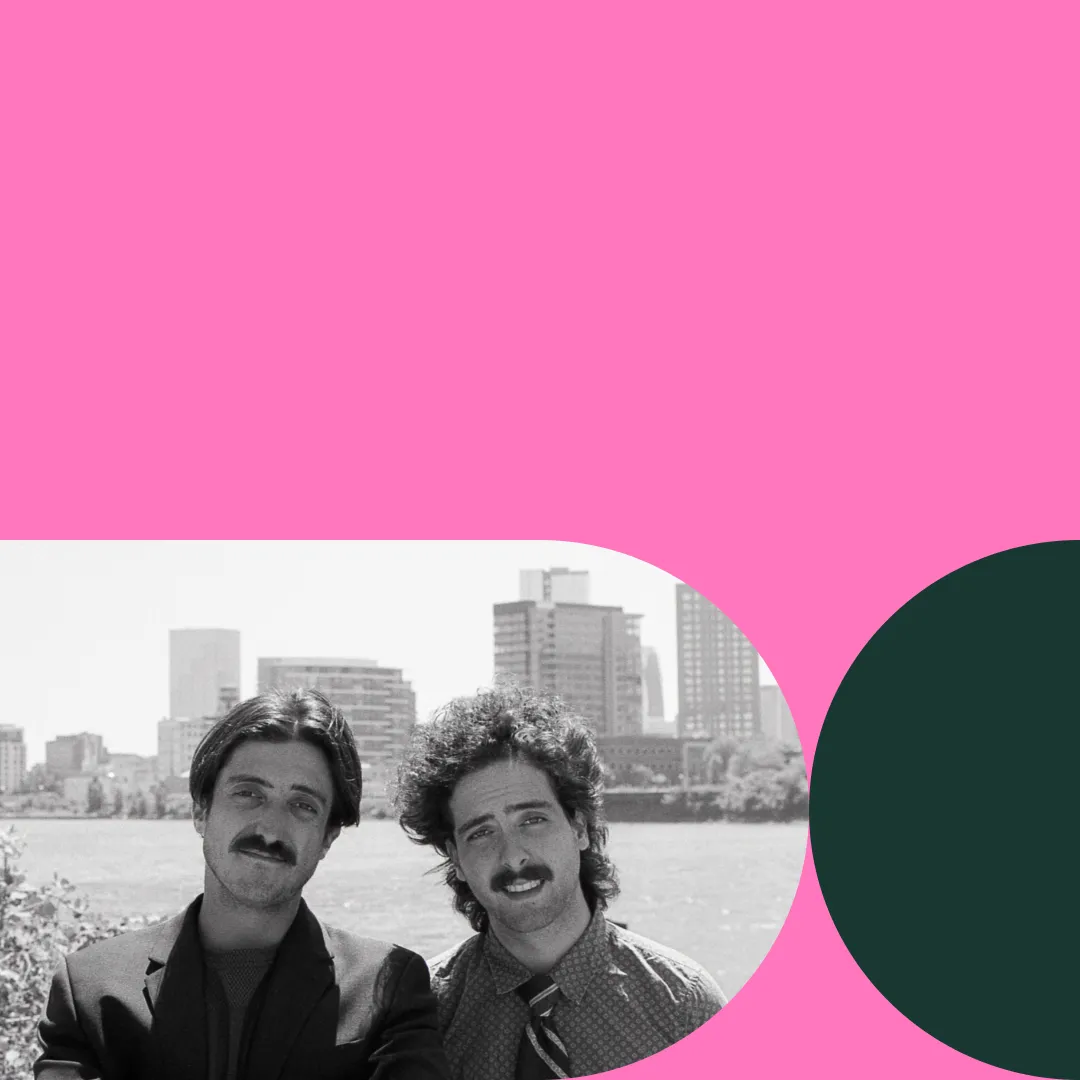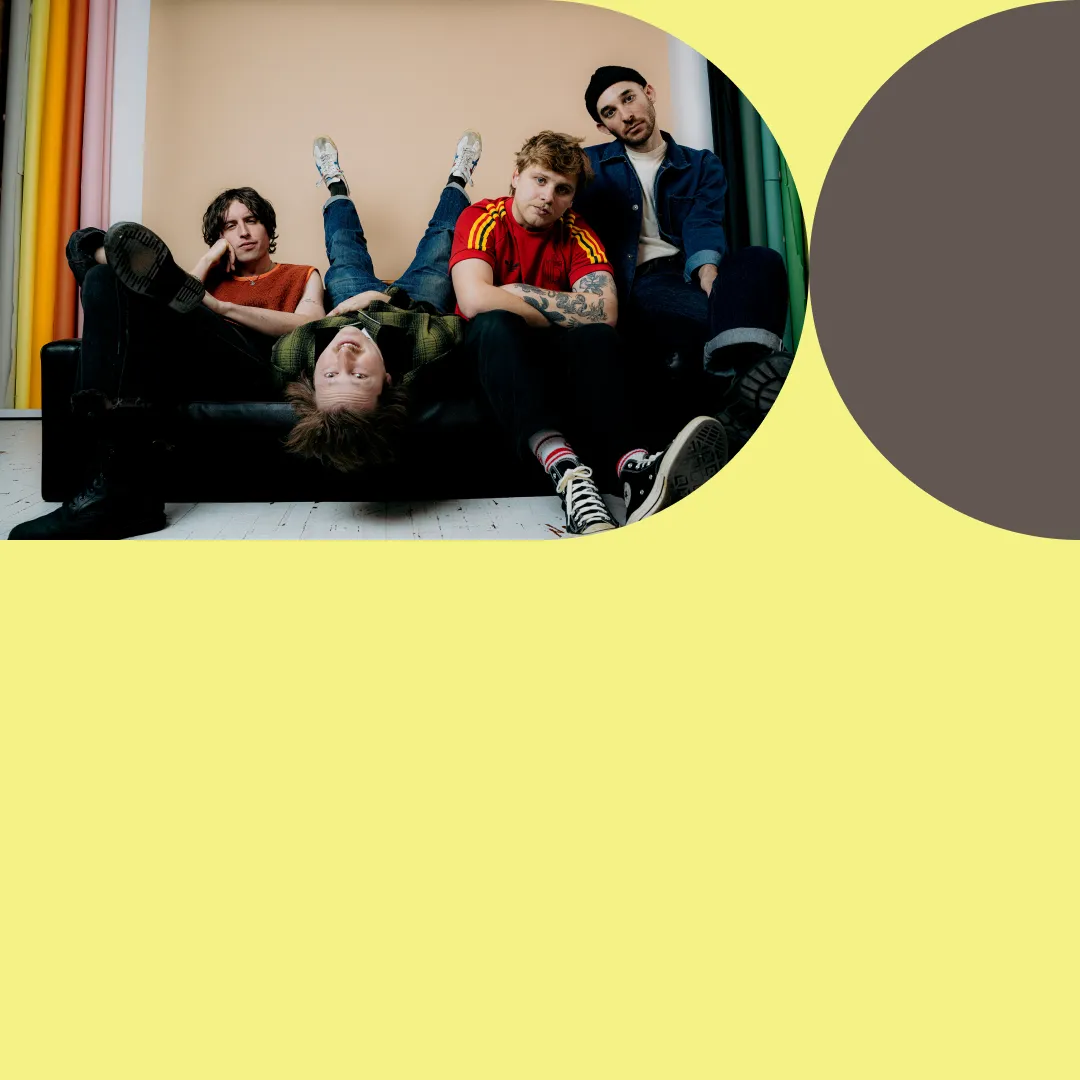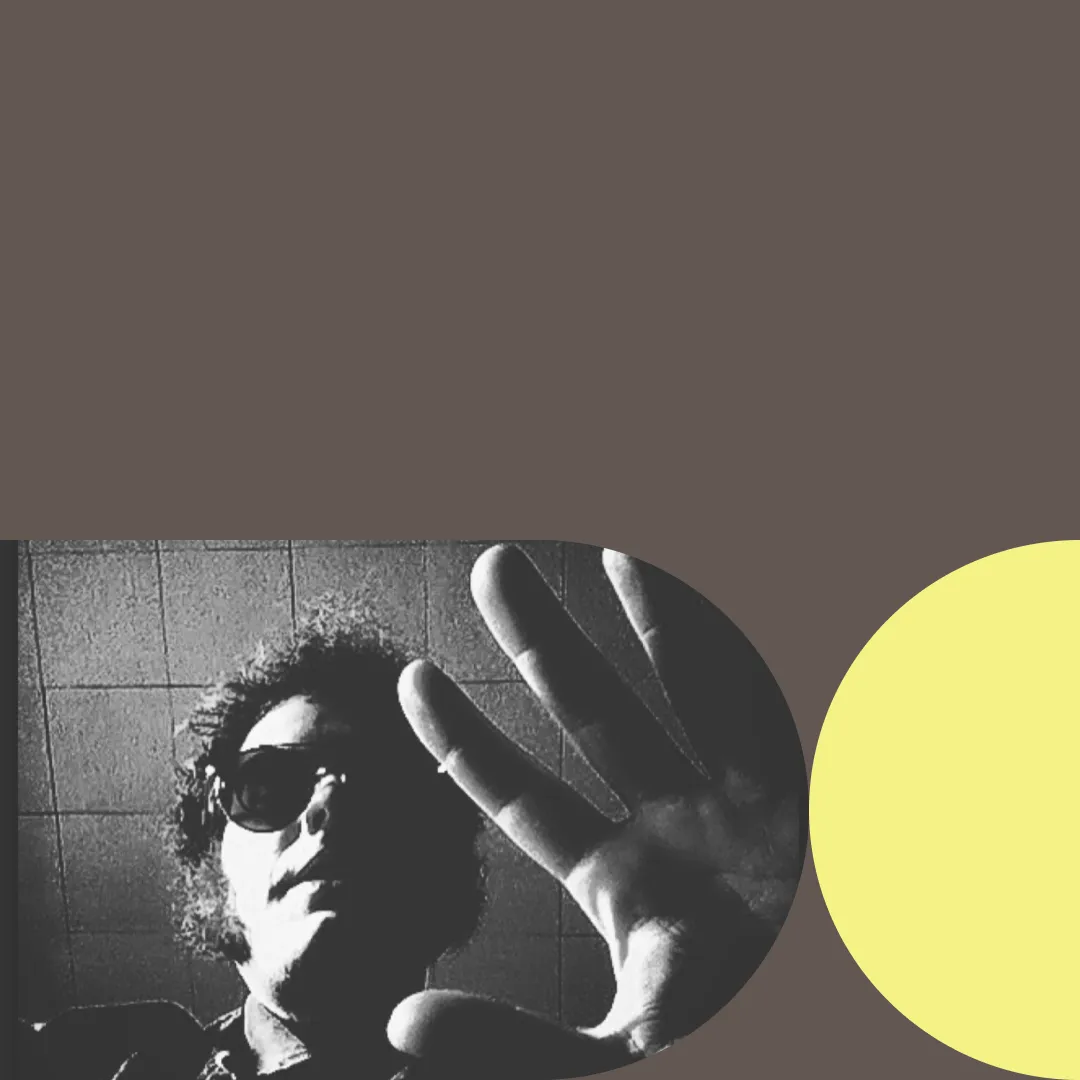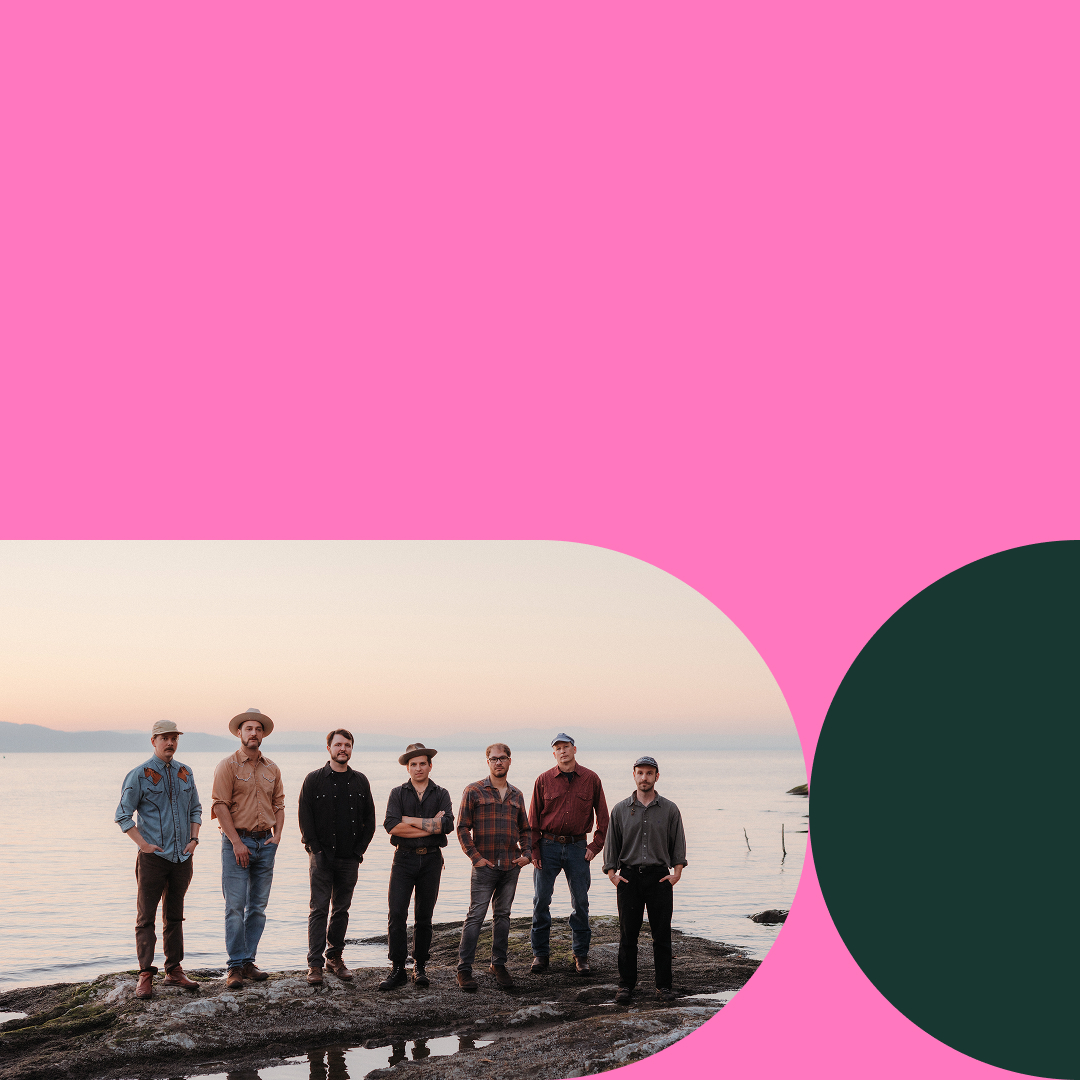
09.05
/
Center Stage
Kassa Overall
Seattle, WA
If you’re trying to understand the future of jazz, turn your attention to Kassa Overall.
Revered by living icons and underground tastemakers, his musical career eludes codified definition. But it starts behind the drum kit. Raised in Seattle, some of his earliest gigs were at a Starbucks on the corner of 23rd and Jackson, an intersection name-checked in Sir Mix-a-Lot’s “Posse’s on Broadway”, just blocks from Jimi Hendrix’s childhood home and down the street from Garfield High School, an alma mater Kassa shares with Seattle’s black musical pantheon: Jimi, Quincy Jones, and Digable Planets’s Ishmael Butler.
Kassa was raised in the city's South End by parents he describes as a “black bohemian father and a white hippie mother”. One favored Ornette Coleman, the other Bob Dylan. They had met at a live-in spiritual center, pursuing a path of meditation and prayer. Kassa emerged from the womb at home, accompanied by the sounds of tabla drums. After drums came rap music. Early inspirations were DJ Jazzy Jeff and the Fresh Prince (“Parents Just Don’t Understand”) and Public Enemy (“Fight The Power”).
“Our musical creation was always deeply connected to a bigger purpose and a kind of revolutionary tone,” he says. “It was always tied to saying something.”
At the Oberlin Conservatory of Music, Kassa spent his days studying jazz drums and music theory, and his evenings making beats in his dorm room, often staying home from parties to pull all-nighters in front of his MPC, studio monitors, and an open Pro Tools session. At Oberlin, he met musicians who remain his closest musical collaborators to this day. He also met his greatest mentor and north star, Billy “Jabali” Hart, an NEA Jazz Master and veteran of Herbie Hancock’s experimental sextet Mwandishi.
The summer after graduation, he landed a room in NYC, living in bassist-composer Bill Lee’s Fort Greene house, the same house Spike Lee grew up in, for $200 a month in rent. A call from piano legend Geri Allen to play at the Village Vanguard was the beginning of his touring career, leading to coveted gigs with Theo Croker, Jon Batiste, Macarthur Geniuses Steve Coleman and Vijay Iyer. By the late 2000s, Kassa had established himself as an in-demand sideman on a notoriously unforgiving scene.
It would take years for Kassa to release a solo project that was serious, a project which attempted to fuse, not bracket, his various influences and musical lives. But once he did, the results were groundbreaking. His first studio album GO GET ICE CREAM AND LISTEN TO JAZZ (2019) bore witness to the emergence of a sound that layered the virtuosic drumming, polyrhythmic rapping, and meticulous production techniques he had been honing separately. He was also learning to channel the revolutionary, poetic voice that had been his childhood inheritance, critiquing the injustices of the carceral system, the pharmaceutical industry, and anti-black racism. On 2020’s I THINK I’M GOOD, released on Gilles Peterson’s Brownswood Recordings, his voice continued to crystallize, while ANIMALS (2023) further showcased the breadth of Kassa’s production chops and unique rhythmic sensibility, from Roland 808s to abstract, modernist drumming, micro-edited to suit his distinct pocket.






























